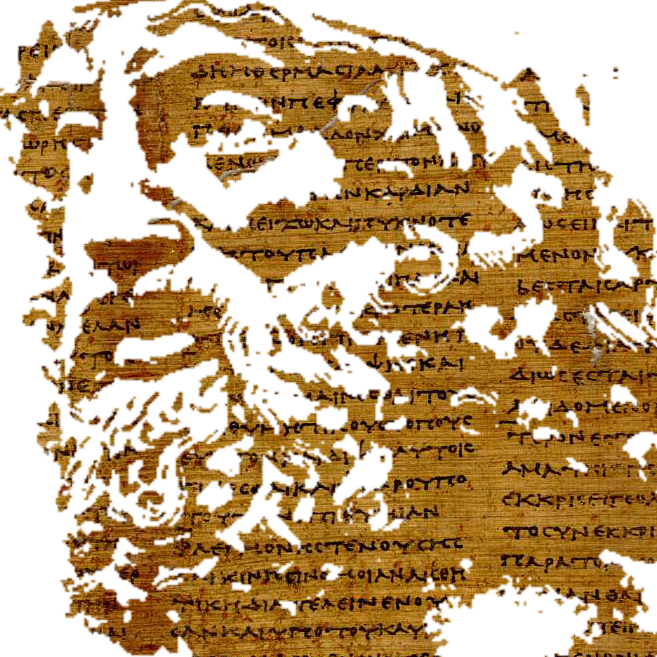Archaeology and Cultures of Antiquity
Education

Master Degree Course
Archaeology and Cultures of Antiquity
- Interuniversity course with: University of Trieste
- Find out more: ARCA – official webpage
- How to apply: www.uniud.it
-
Curricula:
Archaeology History and Literatures
Seats: Udine and Trieste
Coordinator: Prof. Fabio Vendruscolo Video presentation (Italian only)
Master Degree Course
Archaeology and Cultures of Antiquity
- Interuniversity course with: University of Trieste
- Find out more: ARCA – official webpage
- How to apply: www.uniud.it
-
Curricula:
Archaeology History and Literatures
Seats: Udine and Trieste
Coordinator: Prof. Fabio Vendruscolo Video presentation (Italian only)

...ἐκ μέρους γὰρ γινώσκομεν...
...Knowledge is made of fragments...
Paul of Tarsus
The course in Archaeology and Cultures of Antiquity is characterized by a high degree of specialisation: through its organisation into two curricula – an archaeological and a historical and philological one – it provides instruments and methods for a critical confrontation with the varied spectrum of disciplines of classical antiquity, from analysing materials and events, to studying texts and words, all this for the purpose of producing new knowledge.
The cooperation between the Universities of Udine and Trieste has proven to be successful on different levels: the variety of subjects has increased and now ranges from prehistory to oriental studies, and from the classical to the late antique and medieval world; the number of cultural events and research experiences has risen too, as have the chances to use scientific facilities such as the ATLACH (Advanced Technology Laboratory for Cultural Heritage). As for internationalization, more and more new collaborations with universities and research centres abroad are added to the already rich offer of Erasmus destinations.
The result of this joint effort is a unique educational offer, enriched by numerous activities – internships and excavations (within the region, in Europe, in the Near East, as well as underwater), and laboratories, seminars and workshops.
Overall, the programme effectively prepares the students for a higher education, which could then lead to research and management roles in institutions or teaching, either in schools or at the university. Graduates will also be able to play prominent roles as curators, operators in the field of the promotion and enhancement of archaeological heritage, librarians, archivists, editors, journalists and communication experts. It must be noted, however, that the education offered by the multi-faceted sector of ancient studies provides its students with a great deal of mental flexibility, which makes them able to adapt very well even to "unrelated" work scenarios. Therefore, this turns out to be a relevant cut above the rest for entering the labour market.




